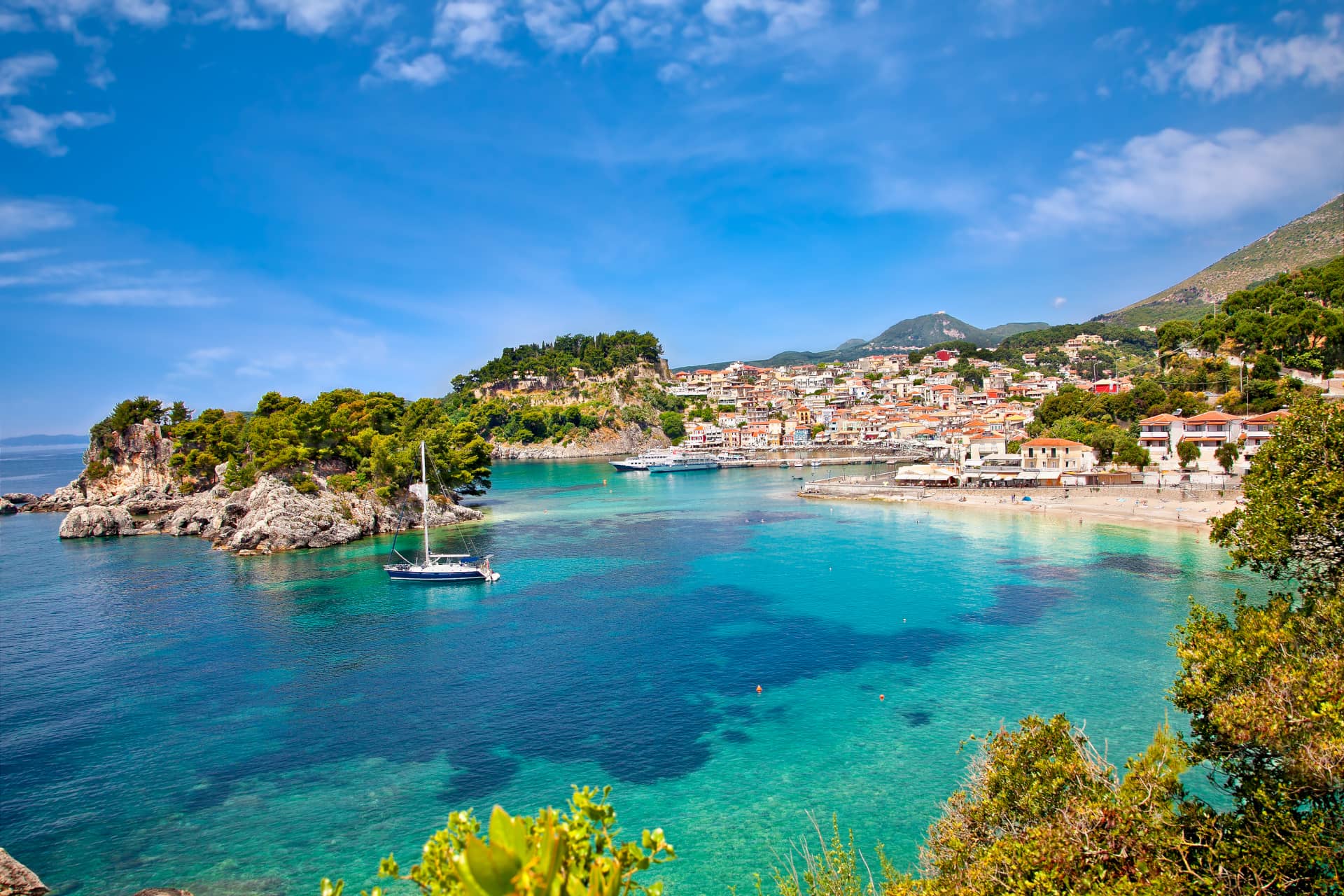-
Find your place in the sun
- Home
-
Property Search
- Property Search
-
Property in Spain
- Property in Spain
- Almeria
- Costa Blanca
- Costa del Sol
- Costa Brava
- Costa de la Luz
- Costa Tropical
- Murcia
- Valencia
- Inland Andalucia
-
Canary Islands
- Canary Islands
- Tenerife
- Fuerteventura
- Lanzarote
- Gran Canaria
- Balearic Islands
- All Areas
- Property in France
-
Property in Portugal
- Property in Portugal
- Algarve
- Albufeira
- Lagos
- Lisbon Coast
- Silver Coast
- All Areas
- Property in Italy
-
Property in Greece
- Property in Greece
- Aegean Islands
- Corfu
- Crete
- Halkidiki
- Ionian Islands
- All Areas
- Property in Florida
- Property in Cyprus
- Property in Turkey
- Search all countries
- New Developments
- Find an agent in...
- Hot Properties
-
-
Help & Guides
- Help & Guides
- How to Buy
- Area Guides
- Free Guide Download
- Professional Services
- Currency
- Mortgages
- Property Insurance
-
Relocation
- Relocation
-
Moving to Spain
- Moving to Spain
- Buying property in Spain
- Living in Spain
- Retiring to Spain
-
Moving to France
- Moving to France
- Buying property in France
- Living in France
- Retiring to France
-
Moving to Portugal
- Moving to Portugal
- Buying property in Portugal
- Living in Portugal
- Retiring to Portugal
-
Moving to Italy
- Moving to Italy
- Buying property in Italy
- Living in Italy
- Retiring to Italy
-
Moving to Cyprus
- Moving to Cyprus
- Buying property in Cyprus
- Living in Cyprus
- Retiring to Cyprus
- Moving to Malta
- Find a Lawyer
- Viewing Trips Guide
- Articles
- Webinars
- New Developments
-
Live Events
- Live Events
- Manchester
- London
- Birmingham
- Dublin
- Ascot
- Why visit?
-
Exhibit
- Exhibit
- Manchester
- London
- Birmingham
- Dublin
- Ascot
-
TV Show
- TV Show
- Episodes
- Presenters
- Apply
- Advertise with us
-
- Currency
- Find an agent
- Advertise with us
Property for Sale in Greece
Hot Properties in Greece
Where to Buy Property in Greece
Greece has been thriving since the pandemic. Its improving economy coincided with a well-managed Covid-19 crisis and as we all hunted for natural space away from the crowds, many headed to its dozens of popular islands. Tourism in Greece increased more sharply last year (2022) than anywhere in Europe, and in Crete British tourists overtook the Germans as the biggest group of foreign visitors.
With four times the coastline of Spain, it is far less developed, with affordable living costs that make your pounds go a long, long way. Crime is extremely low. Among OECD countries Greece is far below the average for most crimes. All this is less than four hours flying time from the UK.
There’s something very unique about its history and hospitality. We love the wooded bays and the sandy beaches washed by the crystal-clear sea, or the harbour-side tavernas cooking fish fresh off the boats, or the locals whose welcome is part of their DNA.
The first problem for anyone buying property in Greece is to narrow down the huge choice of islands and coastal resorts. Most of the islands are in the Aegean Sea that separates Greece from Turkey.
Furthest south of these is Crete, the largest of Greece’s islands and also the most popular property market for British buyers. You can find anything from €20,000 to €2m, and the island continues to evolve, with new marinas and hotel resorts being built.
Furthest north-west in the Aegean are the Sporades, which includes Skopelos. Across the sea towards Turkey are the large islands of the North Aegean, including Lesbos, Chios and Samos. South of these are the Dodecanese, which includes Rhodes.
In the centre, easiest to reach by ferry if you fly into Athens, are the Cyclades, which includes the tourist favourites Santorini and Mykonos. To the west of the mainland is the Ionian islands, which includes Corfu, Kefalonia and Zakynthos (Zante).
The Peloponnese, a peninsula in the south of Greece, is a two or three-hour drive from Athens, and a popular area for its beaches, olive groves, historic sites and some chic hotel resorts.
How to Buy Property in Greece
When you have found your ideal property, and are sure you want to go ahead, your lawyer will prepare the preliminary sales agreement. This covers the basic terms of the deal such as the price, what is included, who are the buyers and sellers, the payment method and the date for completion.
It is important that the agreement lists any particular reasons why the buyer or seller may pull out without losing a deposit, for example if there is a problem over the building licence, or if the sale is contingent on mortgage approval. If not, if the buyer pulls out of the deal in breach of the agreement they will lose their deposit. If the seller tries to pull out, however, she could lose double the deposit.
Legal Checks
In the time (usually four to six weeks) between signing the sales agreement and completion, searches are conducted by your lawyer. These will ensure that: the property is the seller’s to sell and has a clean title, that there are no debts on the property and that it complies with all planning laws and permissions.
Your lawyer is unlikely to visit the property himself so it will be up to the buyer to ensure that what is in the building licence matches what is at the site. Check there is no illegal swimming pool or extension, or a veranda closed in to create an additional room. If there are illegal parts of the building discovered later then the new owner may be fined.
Buying Costs
Allow around 10% in total when buying a resale property. Transfer tax of 3% of the purchase price (or value of the property as calculated by the tax authorities, whichever is higher), save for the case where VAT applies. If you plan to move permanently to Greece so the property is your primary house, you might receive an exemption.
VAT is 23% of the purchase price in the case for properties with a building permit issued after January 1st 2006 and which are sold for the first time by a builder or developer.
You will also need to pay notary fees of approximately 1% of the purchase price plus VAT at 23%. Land registry fees, lawyer fees and any survey costs will also need to be budgeted for
Completion
By this time, you will have engaged a public notary who will prepare the final deed. The buyer will normally attend the signing of the deed in person, at the notary’s office, along with lawyers from both sides and the seller. You don’t have to attend the signing of the final deed; you can assign power of attorney to your lawyer. The balance of the sale price will be transferred along with the notary’s fees, estate agent fees and all taxes. Keys are transferred and the property is yours.
Who does what?
Lawyers
You should also engage a lawyer. When buying a property in Greece you are required by law to engage a lawyer anyway, and it is sensible to choose an English-speaking one. You can find international property lawyers at shows such as A Place In The Sun Live as well as in our magazine or website.
Or you can choose a local lawyer in Greece. Sometimes a local lawyer will be cheaper, but it is important that they are experts in property, that you can communicate with them easily, and that they are working exclusively for your benefit and are not financially associated with the developer or estate agent such that there could be a conflict of interest.
Legal fees in Greece are set at 1 per cent for properties up to €44,000, 0.5 per cent on property up to €1,467,251 and 0.4 per cent over that, all plus 23 per cent VAT. Remember to take certain documents with you to Greece if you intend to buy a property as you will need to get a tax registry number (one for each person buying), and open a Greek bank account. You will need your passport of course, plus proof of your address on a couple of utility bills and proof of your tax number.
Your estate agent and lawyer will be able to advise on what you might need to prove for each eventuality. Property buying in Greece is reasonably straightforward. Property is sold freehold and with documents signed before a notary. Buying costs have come down in recent years and add around 10 per cent to the purchase price.
Estate Agents
The Greek for house is spíti. When you head to Greece, estate agents are regulated by law and should be professionally qualified and licensed. The main professional association for agents is the Hellenic Association of Realtors (www.sek.gr) and there is also a branch of FIABCI, the International Real Estate Federation.
A good start would also be Greek members of the London-based Association of International Property Professionals (AIPP: www. aipp.org.uk). Agents normally charge between 2 and 5 per cent of the property price which is split between buyer and seller, and they normally accompany clients on viewings to prevent any private deals being done.
If buying new build property, ensure the advertised price includes VAT. Check your agent will be working before booking any flights; Greece has a lot of public holidays and celebrates Easter according to the Greek Orthodox Church which is a month separate from when we celebrate it in the UK.
Taxes and Fees
If you are non-resident you must declare any income you have earned in Greece. This applies even if you receive this income by renting out to people from your home country and the money never touches Greece.
You will also normally have to declare this income in the country where you are tax resident but can normally offset the tax paid in Greece through Double Taxation Treaties.
In any case, even if you do not earn any income in Greece, you should file annual tax returns as long as you own real estate property in Greece.
The taxes that you pay when you buy a property in Greece will normally depend on whether you are tax resident there or not.







